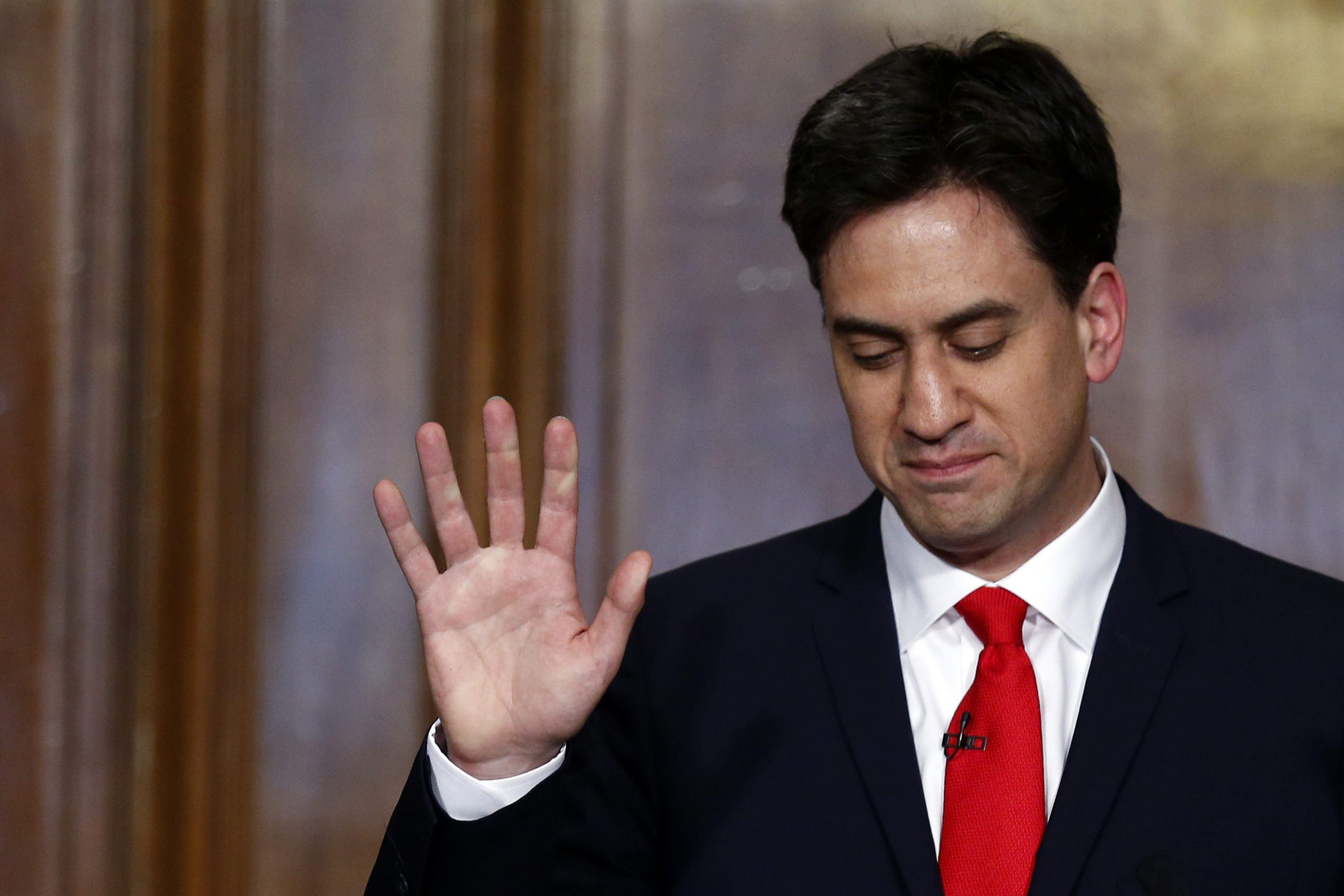
The decisive nature of Labour’s election defeat means that several leadership candidates have sharply distanced themselves from Ed Miliband’s approach. Chuka Umunna and Liz Kendall have denounced his failure to appeal to Conservative voters, his lack of interest in public service reform and his refusal to concede that the last government mishandled the public finances. But what is notable is that no candidate (the others being Andy Burnham and Yvette Cooper) has so far rejected any of Miliband’s policies. Rather, the focus has been on strategy (reaching out to a broader electorate), tone (more optimistic) and presentation (just better).
This contrasts with Miliband’s campaign launch in 2010, which saw him condemn the Iraq war, Labour’s relaxed attitude to inequality and its light-touch market regulation. This may change as the contest progresses. Policies such as a 50p tax rate and a mansion tax may be rejected as anti-aspirational. Others such as an energy price freeze and creating two “challenger banks” may be abandoned as unworkable. But whoever wins the contest, more of Miliband’s programme may endure than some expect.
Ben Bradshaw, the Blairite MP for Exeter, who is considering standing for the deputy leadership (he impressively tripled his majority), told me:
I’m very optimistic. Fundamentally, we’re not in as bad a place as we were in the 1980s. In spite of this disastrous result our manifesto was rather good. It was not, to quote Gerald Kaufman, the second longest suicide note in history. We don’t have mad politics or mad policies, we just had the wrong political strategy and the wrong messaging and the wrong approach.
We had very poor communication. It took more than three years for Ed to appoint a broadcasting officer. It was almost as if communicating through the main medium through which the public experience their politicians was considered not very important or a bit irrelevant … It’s supremely important.
Unlike in the 1980s, when Labour abandoned mass nationalisation and unilateral nuclear disarmament to make itself electable, few in the party believe that its salvation lies in policy. None of the individual measures proposed by Miliband polled poorly. Indeed, most polled remarkably well. The question that candidates need to ask themselves is whether individually popular policies resulted in a collective product that repelled voters. But this is partly a matter of emphasis. The Tories didn’t abandon their right-wing policies on immigration and the EU, they simply ensured that they weren’t the focus of their campaign (as they disastrously were in 2001 and 2005). Similarly, Labour may choose to downplay Miliband’s left-leaning measures, rather than ditching them altogether.





